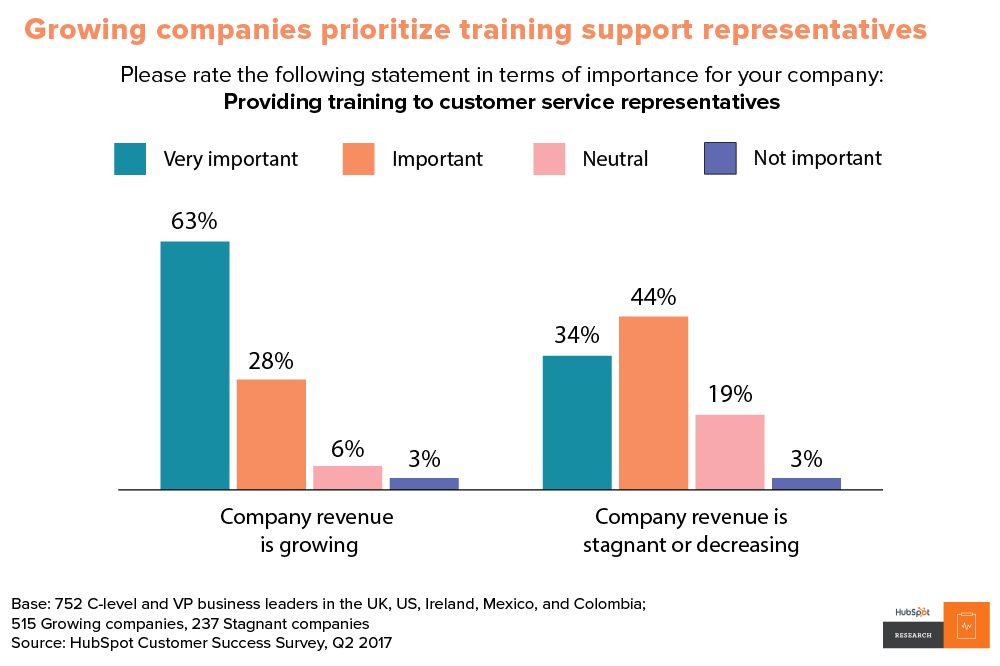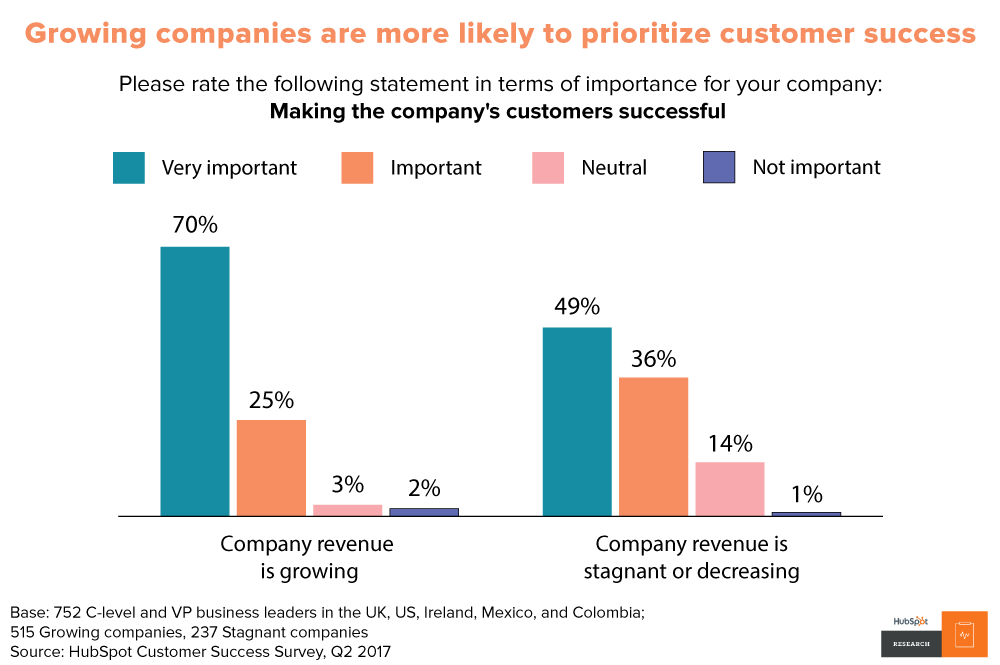Some inbound marketing challenges are timeless. Earlier this week, we caught up with BabelQuest’s head of revenue, Eric Murphy, to find out what the top inbound marketing challenges are — and how to solve them.
As one of the first people you’ll speak to when you get in touch with us to discuss your sales and inbound marketing needs, Eric is on the front line when it comes to listening to the hurdles and anxieties that today’s business leaders are facing.
As such, we thought he was the ideal person to speak with to gain insight into what’s making your competitors twitch— and what you should be preparing for to make sure your inbound marketing runs smoothly.
1. Technology glut complicating processes and systems
Gone are the days when ‘out-teching’ your competitor gave you a leg-up. Yes, it’s still important for those building robots or colonising Mars, but the majority of businesses have enough tech to do the job.
In addition, the sheer number of tools available to solve your tech problems is growing constantly. With a new WordPress plugin being added every hour and apps to manage every aspect of your daily life, the options are endless.
This is leading to one of the biggest inbound marketing challenges in recent years: too much tech for the people who are using it.
"There are lots of tools to solve your problems," explains Eric. A quick search for ‘marketing tools’ confirms this, returning over 10.7m results from Google. But differentiating between the key benefits for all of this software and systems can be overwhelming to say the least. "There’s usually one common problem," reveals Eric. "They don’t talk to each other. Managing training and implementation becomes impossible."
Eric and his business development team have seen a definite shift away from prospective clients questioning the need for a systems approach to marketing and CRM.
Instead, our prospects are saying 'we need joined-up marketing tools, we need something cloud-based that can track everything'.
By this point, they’re already frustrated that the data doesn’t translate across different tools. They’ve invested time trying to make it fit together and they’re still left with gaps in the information. They’ve realised they can’t build a growth strategy on cobbled together systems and missing information.
"Instead, we’re onboarding clients because they’ve realised the need to bring all of tools together within one integrated portal," says Eric. "They may have inherited a system that’s either out of date, never fully set up, or deployed improperly, but if they’re not careful, they end up replacing it like for like and producing a newer version of the same problem."
Given that businesses are much more attuned to the need for integrated CRM and marketing software, the next big challenge is the user — particularly those implementing and operating the systems.
Related Read: Integrated Marketing Tools: Why Your Technology Needs to Talk
2. Increasing importance of retaining the right employees and customers
The technology landscape continues to change. But a machine is only as good as its operator. The next big challenge we see businesses facing in 2019 is hiring, training, and retaining the right people with the skills necessary to implement and operate these systems.
As Eric explains, "many of our clients who use HubSpot first ran into trouble when the person who initially set it up for them left the business. The rest of the team looked around and realised they didn’t know how to use it themselves, or, after getting some consultation, realised it wasn’t implemented correctly in the first place."
The right people can make or break a business, adding pressure to the process of finding and hiring them. This is more difficult when you’re looking for applicants that simply aren’t there.
With unemployment the lowest it’s been in 40 years, businesses in the UK are increasingly pressed to find and retain the right people.
"There’s definitely a realisation in businesses that chucking money at people as an incentive isn’t enough. You need to be able to showcase opportunities for progression. You need personal growth to drive business growth," says Eric. "You need to focus hugely on implementing and maintaining the right culture. It’s been well documented that employee satisfaction impacts customer satisfaction. Your customers are people too, right?"
The other people that will have a huge impact on your business growth in 2019 are those customers. "You’re probably like, 'uh, thanks, I definitely didn’t need to read that in an article'. But growing businesses are recognising that customer success is a key differentiator capable of keeping their business on its growth trajectory."

Onboarding is a great example of this in our world. HubSpot has found that customers churn for two reasons. Firstly, they don’t understand the product and secondly, they don’t obtain any value from it. Businesses need to be onboarded fully otherwise they’ll end up where they began: with a new version of the same problem, or, in other words, a tech solution not aligned with the business goals or the people who use it.

Making your marketing automation more human and engaging is the way to scale this focus on customer service. Ensuring the customer is delighted along the buying journey builds a more meaningful relationship, helping them to feel valued. An increase in customer referrals and reduced acquisition costs typically follow.
3. Process needs to align people with technology
The process is where people and technology interact. By Eric’s reckoning, standardising processes is also the third biggest challenge businesses will face in 2019.
"Recognising that your technology will only be as effective as the people using it and that efficiency relies on a standardised process. The question then becomes: how can you bring this all together?"
The simplest way to address this challenge is to look at your technology and the people using that technology simultaneously.
As Eric admits, "the type of technology I’m likely to buy has got to be closely aligned with our people. How much is it? What’s the speed of deployment? How easy is it to use? How long does it take to get somebody onboarded and up to speed? It’s more in the people cost, the time cost, and the process for getting somebody up to speed; then it’s the actual features and benefits of the technology."
Technology, rather than being used as the driving force for growth, will take more of an enabling role. "We’re seeing more and more consultants working with SMEs to help with process mapping. When trying to optimise a process, which part needs to be improved — the people or the technology?"
Sometimes the tech isn’t fit for purpose and sometimes the person isn’t right for the role or needs some additional training to stay up to date.
As a business challenge, this isn’t new, but it was usually reserved for large corporations. Now it’s available to the majority. So what can be done? How can today’s businesses approach these challenges and prepare their people for change?
What inbound marketing challenges are you facing?
In true business development style, Eric is quick to highlight the importance of having a good partner. "Whatever challenges a business is facing, we try to help them first discover exactly where they are by giving them an objective view and by applying some of the inbound models we use. From things like the inbound journey, buyer journeys, buyer personas, and the behavioural science behind them, we collate what we find and we use this information to take a fresh look at new clients and the obstacles limiting their ability to grow.
"We show them a model that they can use to think their way through their particular business challenges while supporting them with training, strategy, and activity along the way."
If these challenges sound familiar or you’d like to learn more about how they could impact your business in 2019, click the button below to book a call with Eric.
Heading
Separated they live in Bookmarksgrove right at the coast of the famous Semantics, large language ocean and many more stuff and more more more


Eric is the Co-founder and Principal Consultant at BabelQuest, an Elite-tier HubSpot Solutions Partner based in Abingdon, Oxfordshire.




.png?width=50)

.png?width=50)
.png?width=50)



































